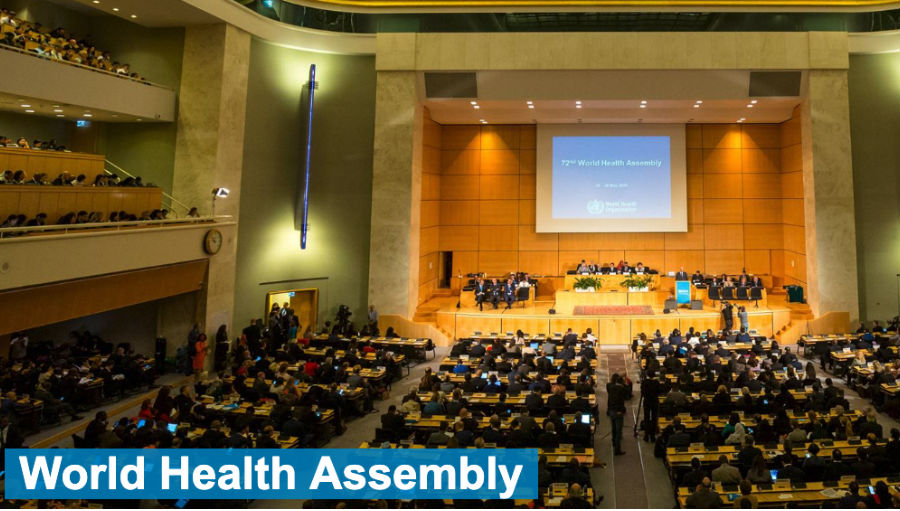By Asmau Ahmad
The World Health Assembly (WHA) has recommended reinforcement of measures to protect mental health during public health emergencies.
A statement by the World Health Organisation (WHO), stated that WHA, which is the WHO highest decision-making body, made the recommendation at the just concluded 74th session of the assembly.
According to WHO, since the beginning of the COVID-19 pandemic, unemployment and financial instability, disruption to education, social isolation, intimate partner and family violence, fear of life-threatening disease, and sudden loss of loved ones have become increasingly common.
“All of these are risk factors for mental health conditions and behavioural problems such as depression and substance use disorders. Over the last two decades, the Secretariat has actively supported mental health during emergencies by leading and co-leading inter-agency efforts on mental health and psychosocial support in emergency settings.
“Countries are increasingly showing greater recognition of the importance of this area. For example, WHO stated that during the pandemic, the number of countries with a functioning multisectoral mental health and psychosocial support coordination platform in humanitarian emergencies had doubled.
“Ninety per cent of Member States responding to a WHO survey in early 2021 reported that mental health and psychosocial support were included in their COVID-19 response plans.
“In 2020, a wide range of resources were developed in many languages by WHO in collaboration with partners, including: a stress management guide for the general public. Also, a guide for COVID-19 responders on basic psychosocial skills and a toolkit to help older adults maintain mental well-being,’’ the UN health agency said.
In addition, it stated that WHO had collaborated on the elaboration of the first-ever programme for rapid deployment of experts in mental health and psychosocial support during public health and humanitarian emergencies.
The assembly, however, urged Member States to develop and strengthen comprehensive mental health services and psychosocial support as part of universal health coverage.
Delegates also urged Member States to study the impact of COVID-19 on mental, neurological and substance use conditions and their consequences, and share lessons learned with the Secretariat and other Member States.




